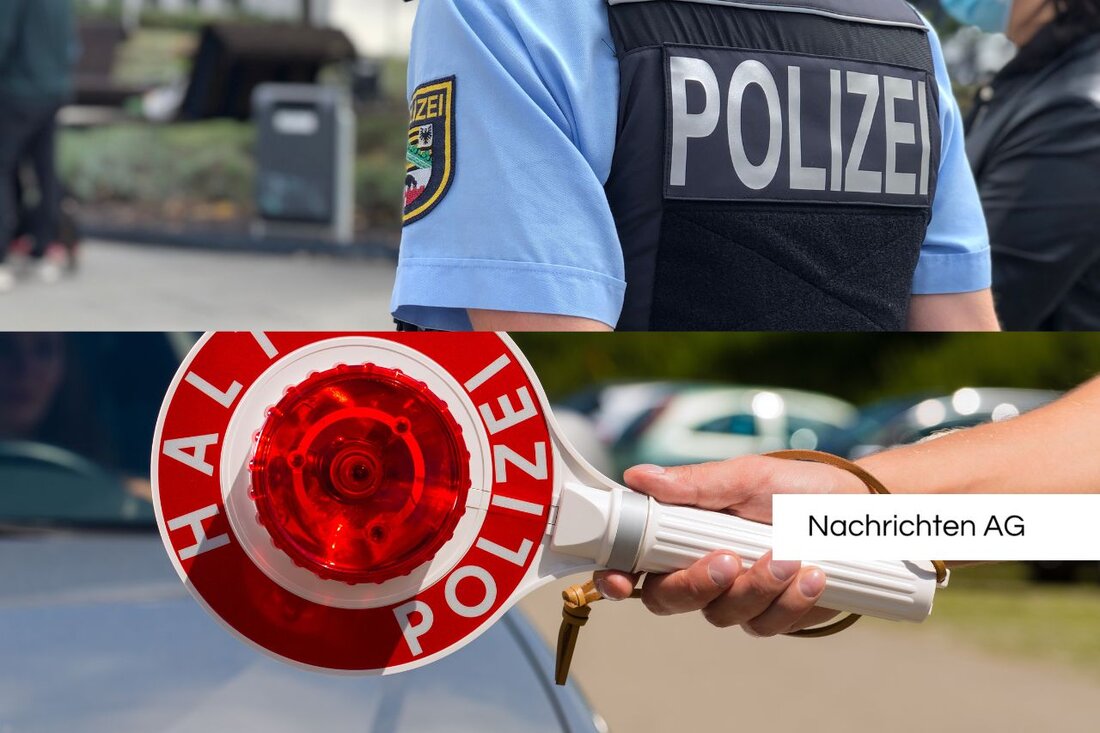Boris Becker: everyday prison life, friendship and a new chance
Boris Becker reflects on his time in prison and gives insights into his new book "Inside", which soon appears.

Boris Becker: everyday prison life, friendship and a new chance
In his new book "Inside", which will be released on September 10, Boris Becker gives an insight into his time in prison. The former tennis star spent seven and a half months in custody in 2022 due to insolvency crimes. Despite the challenges that life behind bars brought with him, Becker found unexpected friendships and sees a meaning in his time in custody. According to a report by OE24 he describes everyday life as hard, shaped by hunger, fear and a shocking first night, which was accompanied by screams of other inmates.
Becker reflects on his experiences and expresses that he has learned a lot. He is one of the worst of his life in prison. Everyday life was characterized by cold and inedible food. With a weekly budget of 17 euros, half of which went for phone calls, it was a special challenge for him to adapt. He received remarkable support from his fans who sent him money, but which was only paid out after his release.
Friendships and support
Despite the adverse circumstances, Becker found friendship in prison as a co -breed from Nigeria, which he refers to as a brother. This connection helped him to better manage the isolation and difficult daily challenges. Becker also praised his girlfriend's support, who is 28 years younger and who was steadfastly at his side during his detention.
Becker had only limited access to personal objects during his time. He remembered the strict rules that restricted the use of black training suits and razor blades, among other things. These experiences led to a deep feeling of loss of control over his life. Nevertheless, Becker sees his prison sentence as a way to think about his mistakes and to get out of praised, which he considers to be important for his personal development.
Suicide risk in prisons
The problem of psychological well -being of prisoners is not new and does not stop at prominent inmates. Loud vienna.at the suicide rate in Austrian prisons is alarming. On average, around ten prisoners take their lives a year. Special critical phases are in custody for the first few days and the time around the verdict. There were many tragic cases, including celebrities, such as Jack Unterweger and Franz Fuchs.
The Visci system, which has been implemented since 2014, has reduced the suicide rate in detention centers. It works like a traffic light and classifies the hazard in red, yellow or green. These measures are an expression of increasing consciousness for the mental health of occupants.
With the publication of his book, Boris Becker not only offers insights into his personal suffering, but also stimulates the discussion about the conditions in prison and the psychological stress on occupants. His report could also help to sharpen the understanding of the complex challenges with which prisoners are confronted.

 Suche
Suche
